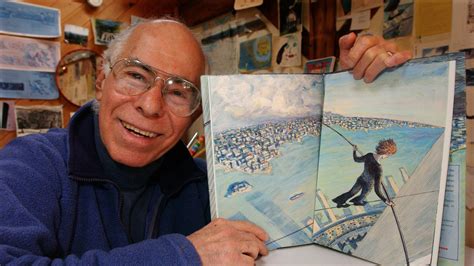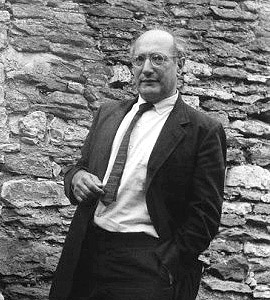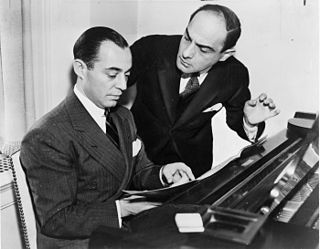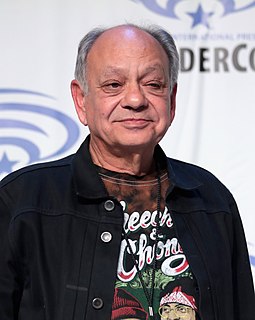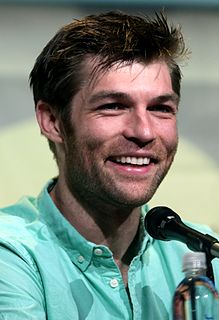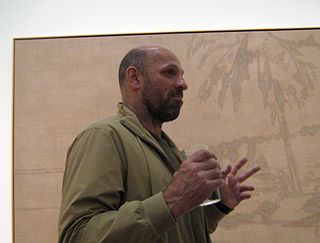A Quote by Mordicai Gerstein
I'm the expert when it comes to my paintings. I think all great painters have to have that confidence in what they are seeking and when they're getting there.
Related Quotes
People are still making paintings. People are still enjoying paintings, looking at paintings. Paintings still have something to tell us. There's a way of being in the world that painting brings to us, that painters bring to the task that we absorb and are able to be in dialogue with. That's something that's part of us.
The earliest paintings I loved were always the most non-referential paintings you can imagine, by painters such as Mondrian. I was thrilled by them because they didn't refer to anything else. They stood alone, and they were just charged magic objects that did not get their strength from being connected to anything else.
